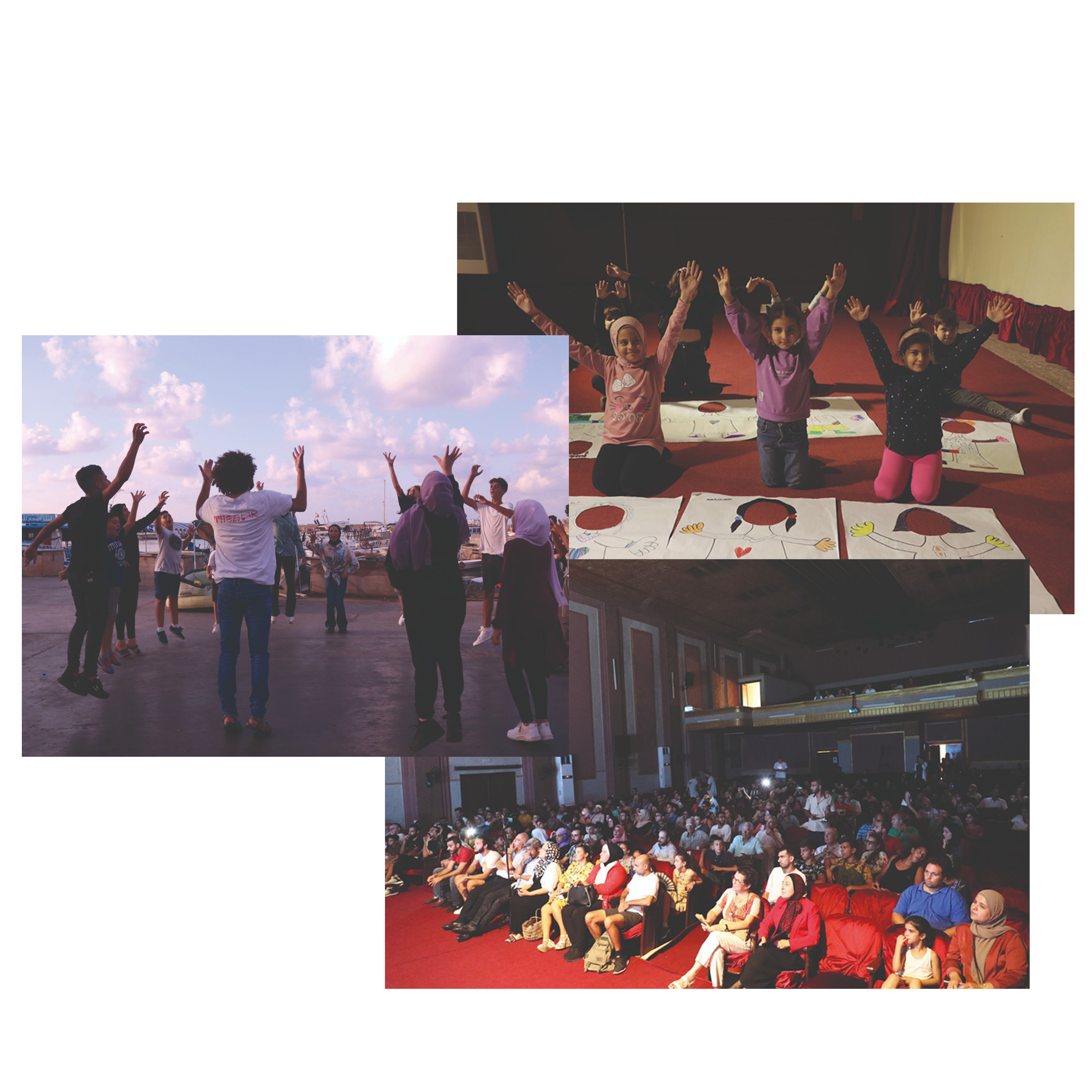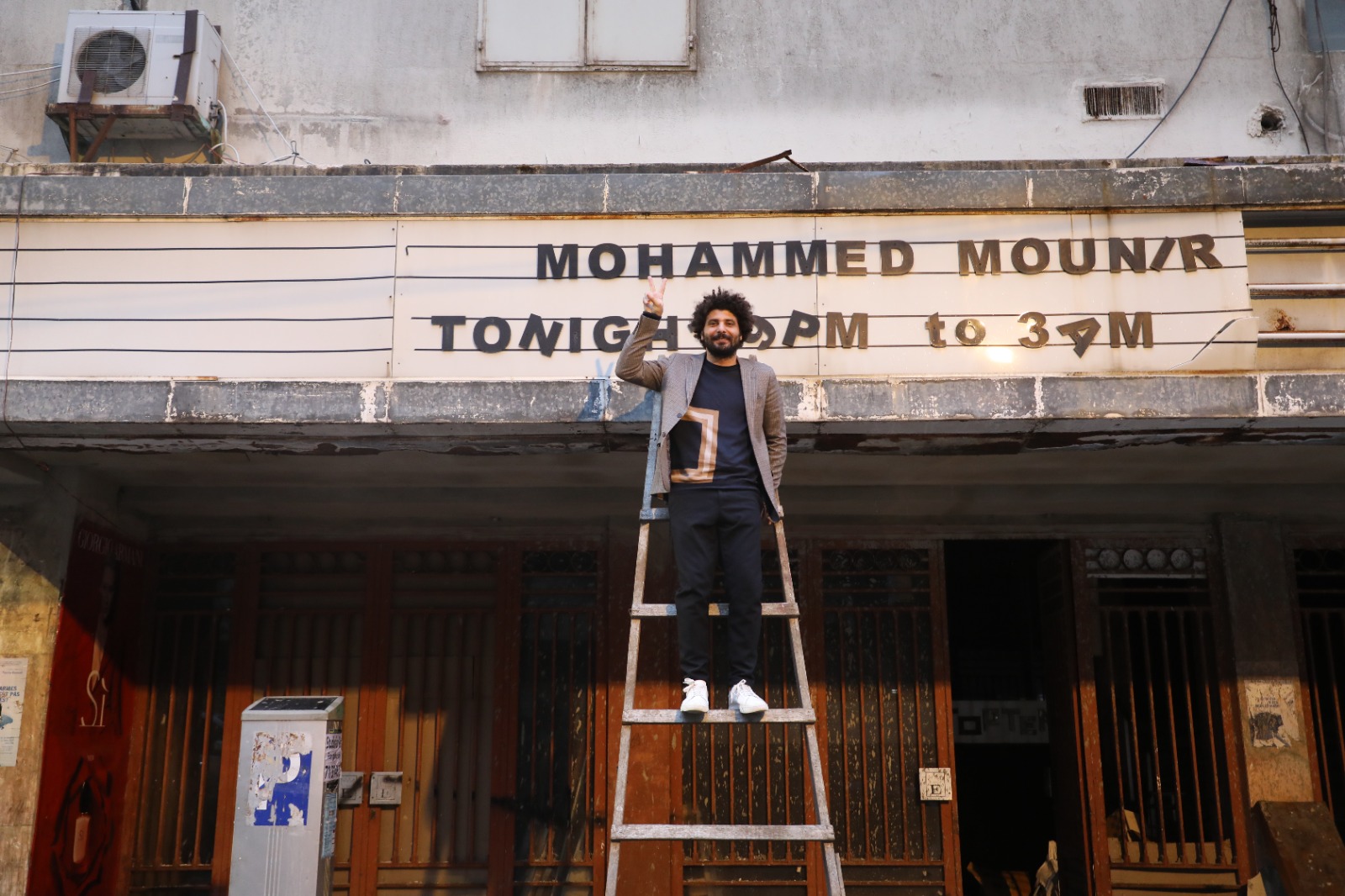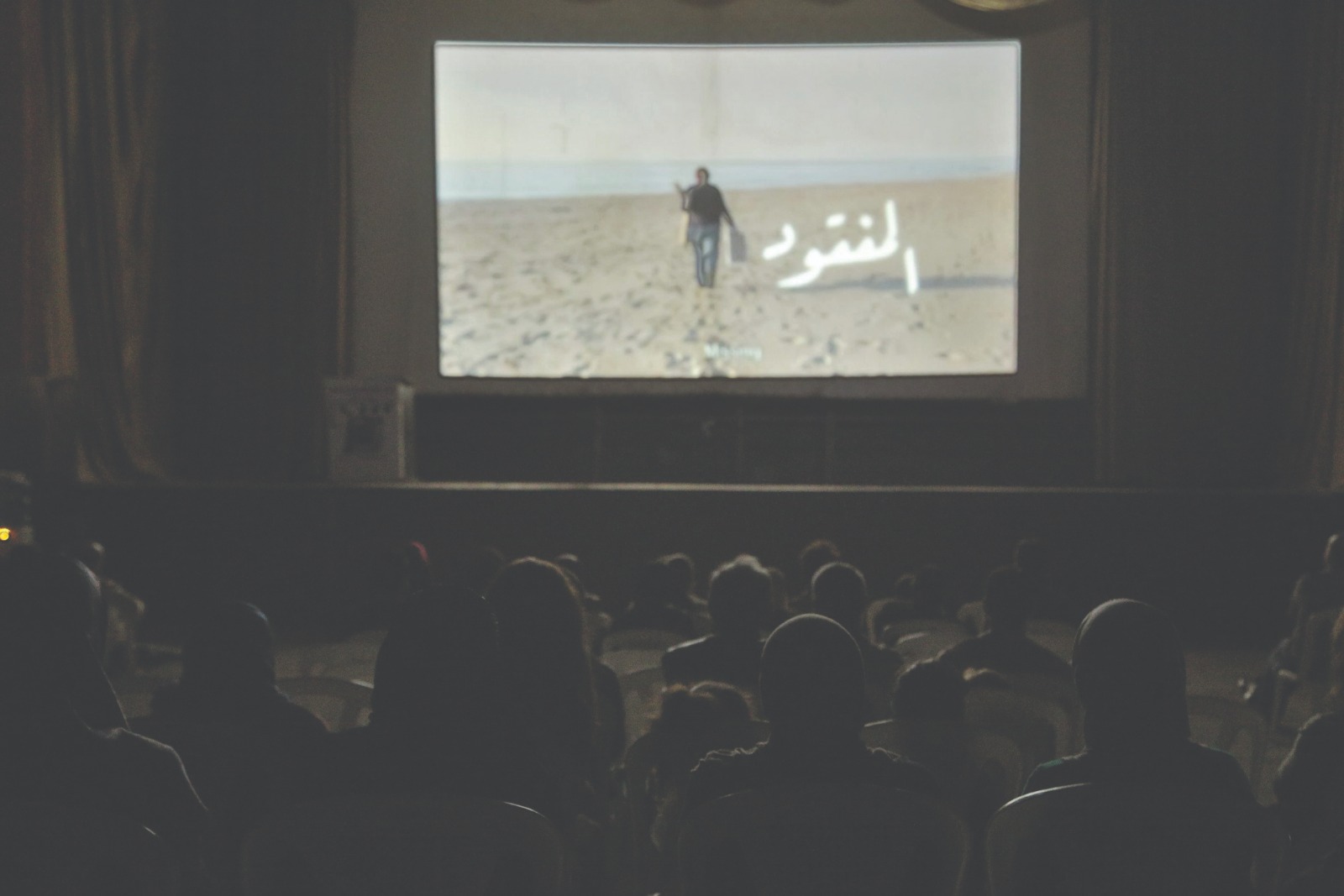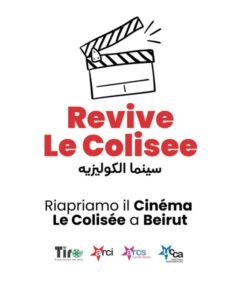"It's all about renovation and innovation of talents for youth orientation"

WHO WE ARE ?
an NGO that works on encouraging the local communities to engage with culture and the arts outside of religious and political frames.

Festivals
Tiro Association for Arts (TAA) and Istanbouli Theater management organize a variety of festivals year-round. To know, kindly check the main list, which has further information and details on all festivals

Training
TAA organizes various training workshops in theatre, photography, music, soap making and many others, periodically in Tyre and Tripoli

Renovated Cinemas'
Since 2014,TAA has rehabilitated Cinema Al Hamra and Cinema Rivoli in Tyre, Cinema Stars in Nabatieh and Empire Cinema in Tripoli, established the Lebanese National Theater in Tyre and Tripoli
Volunteer with us
Your volunteering helps create open cultural spaces and promote community work
Work with us
Tiro Association for Arts - TAA is interested in attracting distinguished talents to join its family team
Participate with us
Tiro Association for Arts - TAA will be implementing festivals and activities next year on 2026
Trainee
718

our Public
41,500
Festivals Editions
51

Projects
30

Rehabited Cinema
5
TAA Team
12

TAA Members
327
Volunteers
45
Renovated Cinemas'
AlHamra Cinema
AlHamra Cinema was established in 1966 with 600 seats, a balcony, a hall, and a cafeteria. It remained closed for about 30 years before TAA’s commitment to renovate it on June 20th, 2014. This cinema became a free and independent cultural forum where drawing, theater, puppet making, and photography artistic training workshops for children and youth were implemented, in addition to weekly film screenings, theater performances, events, and festivals.


Stars Cinema
Stars Cinema was built in the 70s, and it was one of the five cinemas in the city before it closed its doors for 27 years because of the centrality of culture in Beirut. This cinema is one of the oldest in southern Lebanon with 400 seats, where drawing, theater, cinema, and photography artistic training workshops for children and youth were implemented, in addition to weekly film screenings, theater performances, events, and festivals.
Rivoli Cinema
Rivoli Cinema was built in 1952 and closed its doors in 1989. It is the last cinema in the city of Tyre, in addition to AlHamra Cinema. It was reopened as the "Lebanese National Theater," a free and independent cultural forum with 425 seats, where drawing, theater, cinema, photography, and contemporary dance artistic training workshops for children and youth are implemented, in addition to weekly film screenings, theater performances, events, and festivals. The cinema also hosts local and international exhibitions; implements social and artistic events; and has a public library and cafeteria.


Colisee Cinema
Built in 1945, le Colisee Cinema is one of the oldest cinemas in Lebanon. It witnessed the golden age of theater and cinema, hosting the most important Arab and international films. Located on the famous Hamra Street in Beirut, it has hosted the most important Arab, foreign and Indian films, as well as famous French films. It was closed during the war in the early 1990s. The Tiro Association for the Arts began its rehabilitation and restoration in 2024, and it was inaugurated on September 13, 2025, transforming it into the Lebanese National Theater in Beirut..
Empire Cinema
Empire Cinema, which is one of the first cinemas in Tripoli that has been closed for over 30 years, was built in 1932. Tripoli, the second capital of Lebanon, had 35 cinemas, including the aforementioned cinema, which is a theater with 780 seats, located at Sultan Abdul Hamid Yard, well-known today as Al Tal Square. TAA replicated its proven methods in rehabilitating Empire Cinema by bringing back its vitality to be the first Lebanese National Theater in Tripoli in 2022. This will help generate job opportunities for young people and free spaces for cultural and artistic events, as well as build and strengthen bonds between South and North Lebanon. Above all, it’s a forum for encounters, dialogues, artistic training workshops, theater performances, cinema, library, and a cafeteria to take place.

Tiro's
Book
We attach to you this book, which contains the history, activities and career of TAA
Download a PDF book here
WORK WITH US
Tiro Association for Arts is interested in attracting distinguished talents to join its team
Apply now via the link
Provide valuable opportunities for learning, skill development, and creative exploration in a supportive and collaborative environment.
Check out our workshop photo library
Open Call : Tiro's Festivals 2026
Tiro Association for Arts (TAA) will be implementing festivals and activities next year on 2026
For participation click on the below button






